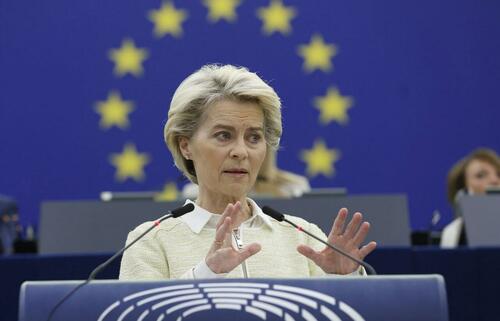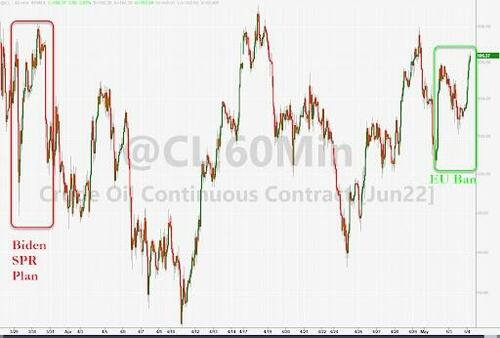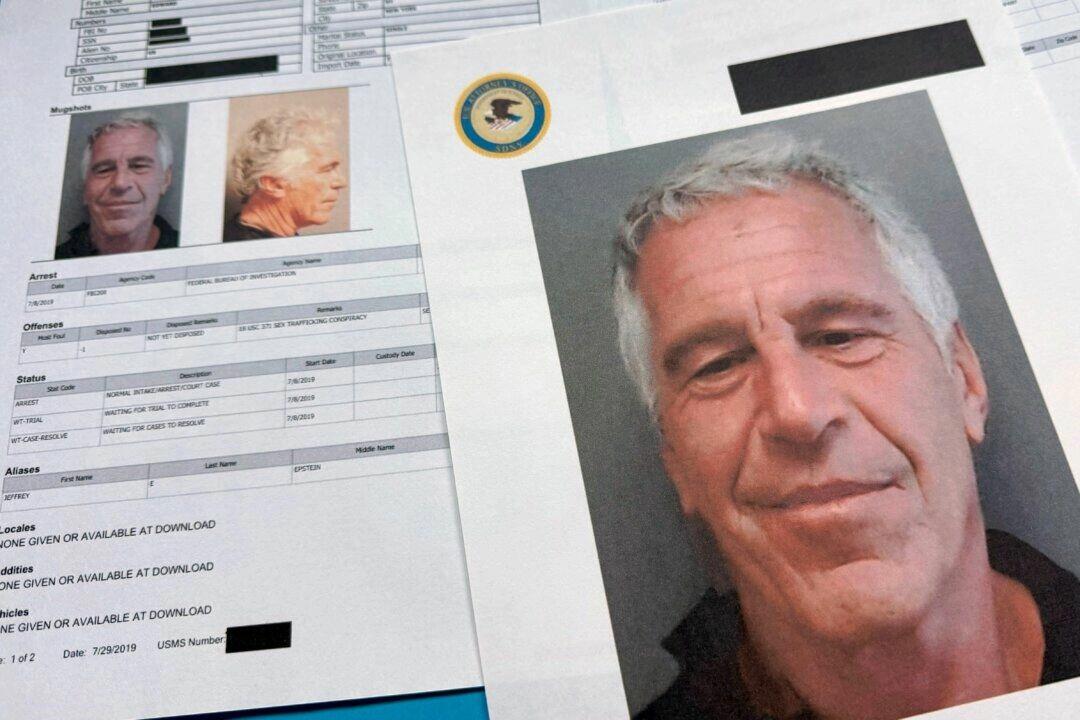As discussed earlier, these unelected people are mad. They are ready to shout themselves in the foot to aggravate Russia. Each single step takes us closer to WW3.
EU Proposes Ban On Russian Oil Imports
Seemingly right on cue (and by that we mean less than two weeks after Emmanuel Macron won re-election in France, securing the European status quo), and shortly after the Germans acquiesced to demands for a gradual reduction in Russian oil imports, European Commission President Ursula von der Leyen announced plans for a phased ban on all Russian oil by the end of the year.
Commission President Ursula von der Leyen told the European Parliament this would be "a complete import ban on all Russian oil, seaborne and pipeline, crude and refined."
"We will make sure that we phase out Russian oil in an orderly fashion, in a way that allows us and our partners to secure alternative supply routes and minimises the impact on global markets," she said.
"This is why we will phase out Russian supply of crude oil within six months and refined products by the end of the year."
In a proposed sixth round of sanctions aimed at pressuring President Putin, von der Leyen also said the bloc's executive body was also proposing to take Russia’s biggest bank, Sberbank, and two other Russian banks off the Swift financial-messaging system.
What's more, the European Commission is also planning to ban three major Russian state-owned broadcasters from the EU.
According to von der Leyen, EU member states will start discussing this latest sanctions package later Wednesday in Brussels. Ambassadors from the European Union's 27 member countries were expected to adopt the plans as early as this week, meaning the sanctions could soon become law, Reuters notes, although differences remain among member states about certain aspects of the proposals.
Oil prices jumped on the news, but the shift in spot prices doesn't entirely reflect the difficulties ahead, as Europe's scramble to replace Russian supplies will likely create serious problems in the international market, as they search for replacement sources from the Middle East, North Africa and the US.
The rise in prices also removes all the price-drop benefits of President Biden's massive SPR release plan to bring down US retail gasoline prices.
To be sure, a full embargo on Russian oil isn't a done deal yet: Hungary (seeking exemptions) has repeatedly warned it could veto an oil package that doesn’t allow Budapest enough time and financial assistance to set up the infrastructure needed to wean itself off Russian oil pipeline deliveries. Diplomats said at least two more member states, the Czech Republic and Bulgaria, have argued that if Hungary and Slovakia are given more time to stop buying Russian oil exports, they should be given the same leeway.
A trickier issue will be replacing Russian refined product imports, particularly so-called middle distillates. These include fuels such as diesel, fuel oil that runs heavy-duty vehicles and machinery, and inputs for petrochemicals.
"The middle distillate market is extremely tight in most regions around the globe. Risks around Russian supply, lower Chinese exports, recovering demand following Covid, and limited ability of refiners to respond has meant that inventories in the US, Europe and Asia are at multiyear lows," ING strategist Warren Patterson said.
Von der Leyen delusionally noted at the conclusion of her speech that her proposal will "maximize pressure on Russia, while at the same time minimizing collateral damage to us and our partners around the globe." In reality, we fail to see how reduced supply at this time - and thus higher prices - does anything but hurt every other nation on earth (especially the poorest)... which perhaps explains why so many nations (including those with some of the lower GDP per person levels) refuse to go along with the West's plan to punish Putin.




No comments:
Post a Comment